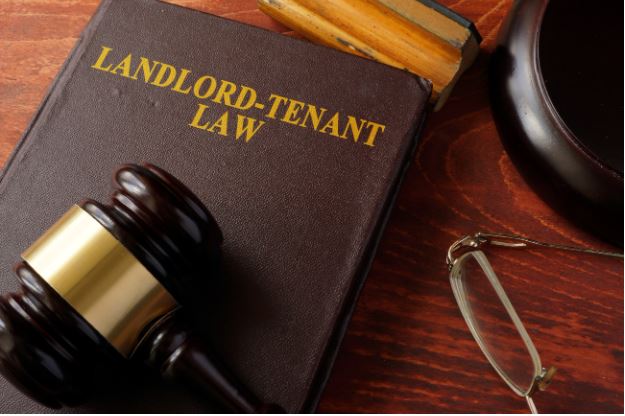As a landlord, you invest a significant amount of time and resources in maintaining and managing your property. It can be frustrating when tenants fail to meet your expectations or cause problems. Although most leases are straightforward and can be handled amicably, there are situations where conflicts arise, and legal help may be necessary to resolve them.
In this blog post, we’ll explore the five most common landlord-tenant disputes and explain how an attorney/lawyer can assist in resolving them. We’ll provide valuable insight into how you can manage these confrontations effectively and protect your rights as a landlord.
1. Late or Non-Rent Payments
One of the most common disputes between landlords and tenants centers around rent payments. In New York, for instance, an average of 22% of renters fall behind on their payments.
Late or non-payment of rent can be a massive headache, particularly if you rely on it to cover your operational costs. As a landlord, you’re entitled to your rent payments on time. If your tenants are consistently late, you may be able to charge late fees, or, worse, evict them.
An attorney/lawyer can help you draft a lease agreement that establishes clear rules surrounding rent payments, including deadlines, late fees, and penalties for non-payment. They can also help you take legal action to recover rent arrears or evict delinquent tenants.
2. Evictions
Landlords file over 3.6 million eviction cases every year in the US. When a tenant breaches the terms of the lease, you may be forced to initiate eviction proceedings. This is a costly and time-consuming process that can be further complicated by state and local laws. An attorney/lawyer can help you navigate the eviction process by preparing and serving necessary eviction notices and representing you in court.
3. Security Deposits
Security deposits are designed to protect property owners from damage or breakages caused by tenants. However, disputes can arise if tenants refuse to leave their deposits or you find damages to your property that aren’t covered by the deposit. In some cases, landlords can keep the security deposit. An attorney/lawyer can provide legal guidance on how to handle disputes.
4. Maintenance and Repair Issues
As a landlord, you’re responsible for maintaining your property in good condition. However, repair and maintenance issues are among the most common disputes between landlords and tenants. If repairs are not carried out promptly, tenants may become frustrated and withhold rent, or their quality of life may be negatively impacted.
An attorney/lawyer can help you understand your legal obligations regarding maintenance and repairs and ensure that you are complying with local laws. Additionally, they can help resolve disputes with tenants regarding the quality of repairs or lack thereof.
5. Property Damage
Sometimes, tenants may cause property damage that goes beyond the security deposit. Damage to your property can be costly to repair, which is why it’s important to have a clause in your lease agreement that addresses property damage. If a tenant disputes your claim for damages, an attorney/lawyer can help you resolve the issue by providing evidence and negotiating a settlement.
Work With a Skilled Attorney to Solve Your Disputes
Managing rental properties can be challenging, but most landlord-tenant disputes can be resolved amicably. However, if disagreements escalate, seeking the right legal advice can be the best way to resolve conflicts and protect your rights as a landlord.
Working with a skilled lawyer who can guide you through the legal process and help you achieve a satisfactory resolution is essential. Whether drafting a comprehensive lease agreement or dealing with eviction proceedings, an experienced attorney/lawyer can provide invaluable legal support and help you navigate any challenges.
At Warren S. Dank, Esq., P.C. we offer professional legal services for landlord-tenant disputes, so give us a call today.

